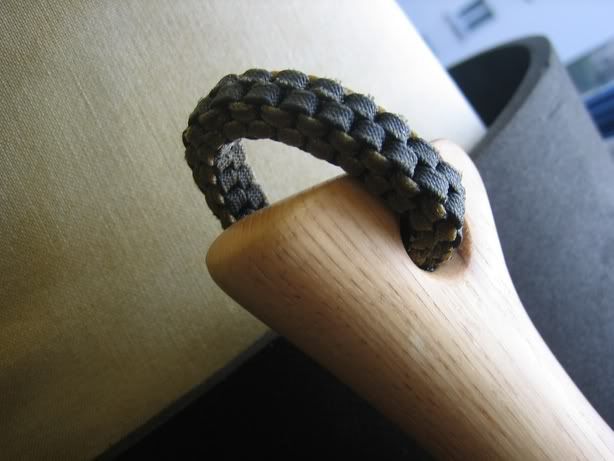Can anyone suggest an oil or other durable preserver(other than varnish) for treating/waterproofing a birch handle.
I have tried veg oil, olive oil and boiled linseed oil, as soon as it gets wet the grain rises and the oil is gone.
Cheers.
I have tried veg oil, olive oil and boiled linseed oil, as soon as it gets wet the grain rises and the oil is gone.
Cheers.

